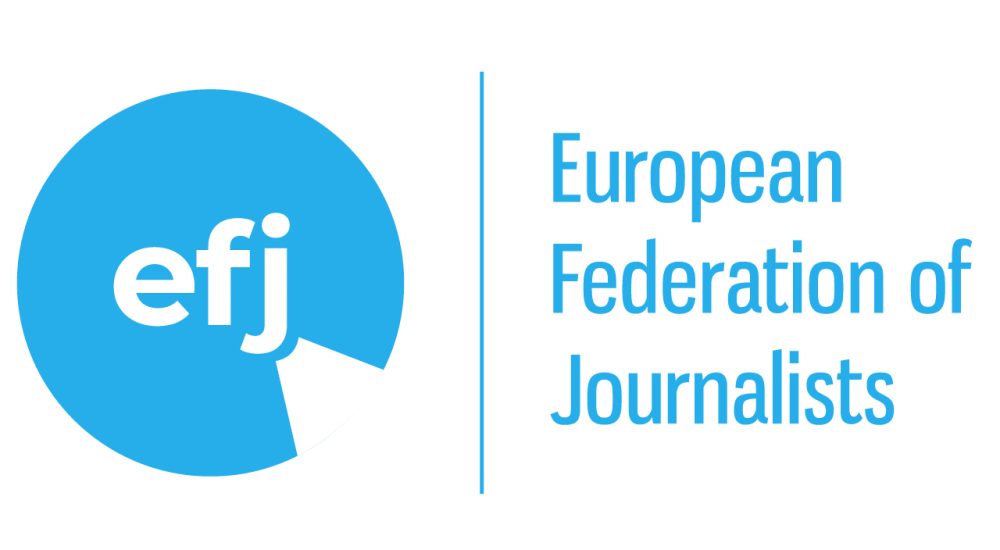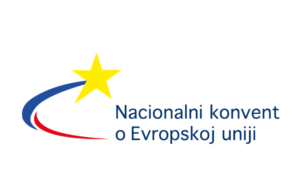On 8 November 2024, Article 3 of the European Media Freedom Act (EMFA) on the right to access to a plurality of editorially independent media content came into force in the European Union. For the first time in EU law, Member States have a positive obligation to protect this right “for the benefit of free and democratic discourse“. In practical terms, all Member States must ensure that framework conditions are in place to guarantee European citizens access to editorially independent information.
As the EMFA is a regulation, its first Article to be implemented is now “enforceable”, even in the absence of national legislation.
“Depending on national interpretation, this Article extends to the fact that media content received meets qualitative requirements. We believe this should protect the concept of “journalism as a public good”, says Renate Schroeder, EFJ Director.
As stated in the EMFA’s recital 14 and 8 “Access to pluralistic media is “key to fostering public discourse and civic participation, as a broad range of reliable sources of information and quality journalism empowers citizens to make informed choices, including about the state of their democracies”.
Elda Brogi, Scientific Coordinator at the Centre for Media Pluralism and Freedom (CMPF) told EFJ members in a recent webinar about EMFA implementation that “Article 3 could be an interesting test case to put to the Court of Justice of the European Union (CJEU). This would establish case law on the interpretation of this rather broad article leading to much needed jurisprudence”. According to Brogi, Article 3 can be easily linked to the interpretation of Article 11 on freedom of expression and implementation of the EU Charter of Fundamental Rights.
The EFJ calls upon its members, like minded organisations and media lawyers to coordinate the work of implementation in order to avoid fragmentation of the media market and guarantee media freedom. The CMPF EMFA Observatory will collect information in this direction.
Source: EFJ




